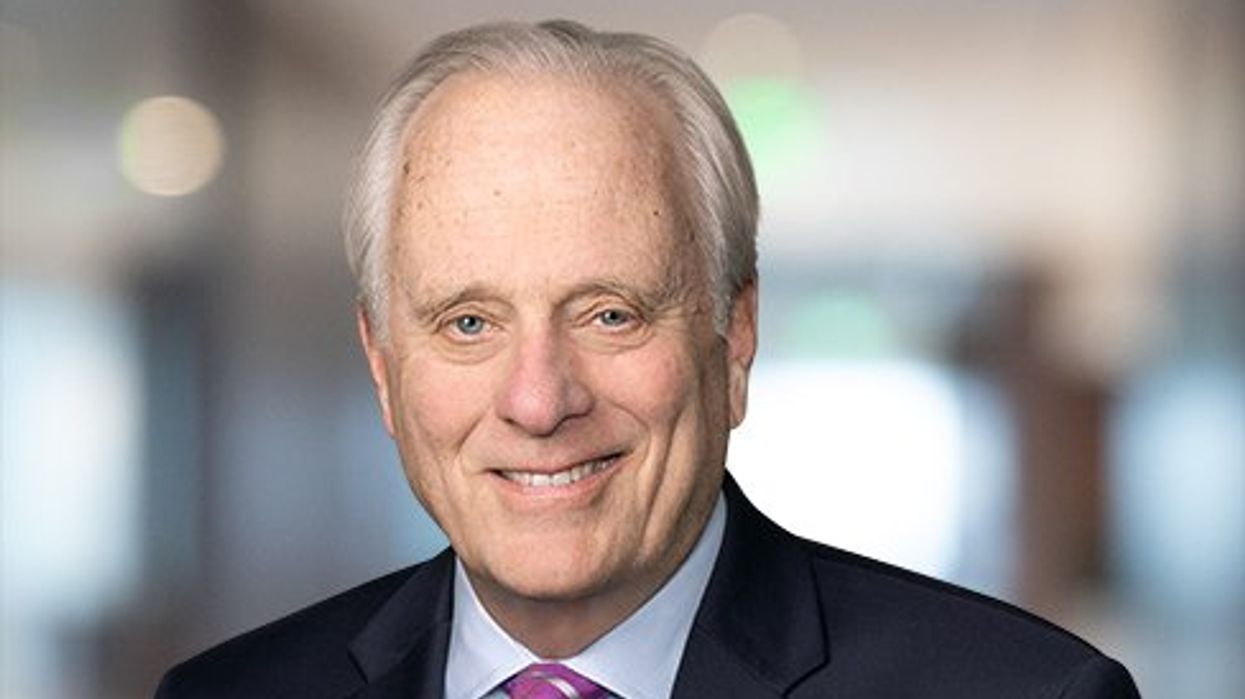Nevins is co-publisher of The Fulcrum and co-founder and board chairman of the Bridge Alliance Education Fund.
After a 14-year career as an Emmy-winning reporter, Scott Klug upset a 32-year Democratic House member from Wisconsin in 1990. Despite winning four elections with an average of 63 percent of the vote, he stayed true to his term limit pledge and retired in January 1999.
But during his time in office, Klug says, he had the third most independent voting record of any member of Congress from Wisconsin in the last 50 years.
Klug now works at the law firm Foley & Lardner, where he is a public affairs director and co-chair of the firm’s federal public affairs practice. He represents a broad array of the firm’s clients in Washington and several state capitals. He is also able to draw on his time as a television reporter to help clients craft proactive media strategies, particularly when faced with crisis management challenges.
In 2013, he authored “ The Alliance,” a mystery novel about religion and antiquities.
Klug has returned to the public eye to represent “Lost in the Middle” voices in a regular podcast he produces.
He is a resident of Madison, Wis., where he lives with his wife, Theresa Summers Klug. The couple has three children.
I had the wonderful opportunity to interview Klug for the CityBiz “Meet the Change Leaders” series. Watch to learn the full extent of his democracy reform work:
- YouTubewww.youtube.com




















Trump & Hegseth gave Mark Kelly a huge 2028 gift